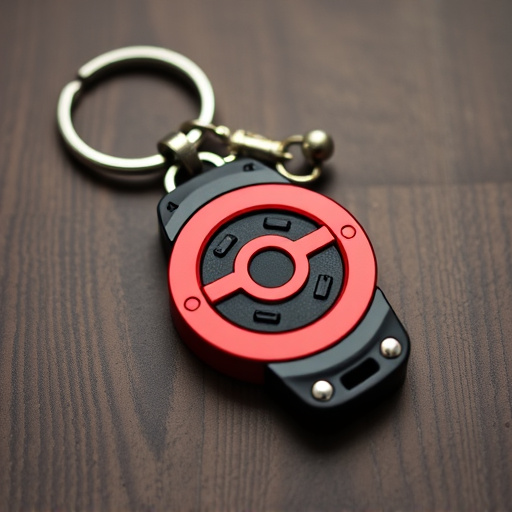The global legality of self-defense keychains varies widely, with strict EU guidelines contrasting open carry jurisdictions worldwide. Buyers should prioritize construction quality, opting for durable alloys and meticulous craftsmanship. Safety and local regulations are paramount, with automatic locking mechanisms and certified metalwork ensuring effectiveness while adhering to Legal Self Defense Keychain Regulations. Informed selection based on these factors provides a functional and legal defense option.
In an era where personal safety is paramount, legal self-defense keychains have emerged as a practical solution. Understanding global regulations surrounding these tools is crucial before wielding them. This article navigates the intricate world of legal constraints and provides an ultimate guide to selecting high-quality metal construction keychains that ensure both safety and compliance. By exploring key considerations, you’ll be equipped to make informed decisions regarding your self-defense options.
- Understanding Legal Self-Defense Keychain Regulations: A Global Perspective
- Metal Construction Quality: What to Look for in a Self-Defense Keychain
- Ensuring Safety and Compliance: Tips for Choosing the Best Self-Defense Keychain
Understanding Legal Self-Defense Keychain Regulations: A Global Perspective
The legal landscape surrounding self-defense keychains varies significantly around the globe, reflecting diverse societal attitudes and criminal justice systems. While some countries have strict regulations governing the carry and use of such devices, others take a more lenient approach. Understanding these legal frameworks is crucial for both manufacturers and users to ensure compliance and promote responsible usage. For instance, in many European Union member states, self-defense keychains are subject to specific guidelines under product safety laws, focusing on design, construction, and testing standards to prevent injury.
In contrast, certain jurisdictions allow the open carry of self-defense tools with minimal restrictions, viewing them as a legitimate means for personal protection. However, even in these regions, there may be limitations based on factors like age, capacity, or the nature of the device’s design. Manufacturers must stay informed about local and international regulations to market their products effectively while adhering to legal boundaries. This global perspective highlights the importance of transparency and education regarding Legal Self-Defense Keychain Regulations for all stakeholders involved in this industry.
Metal Construction Quality: What to Look for in a Self-Defense Keychain
When choosing a self-defense keychain made of metal, understanding its construction quality is paramount. Look for keychains crafted from robust alloys like stainless steel or high-grade aluminum, which offer excellent durability and corrosion resistance. These materials ensure your keychain can withstand regular use and harsh conditions without compromising effectiveness.
Furthermore, pay attention to the craftsmanship and finishing. A well-made metal keychain should feature precise cuts, smooth edges, and a consistent finish. This not only enhances its aesthetic appeal but also guarantees a secure grip when in use. Ensuring compliance with legal self-defense keychain regulations is essential; check local laws regarding the carry and use of such devices to avoid any potential issues.
Ensuring Safety and Compliance: Tips for Choosing the Best Self-Defense Keychain
When selecting a self-defense keychain, prioritizing safety and adhering to legal regulations is paramount. Different regions have varying laws regarding what constitutes a legal self-defense tool, so it’s crucial to understand your local guidelines. Look for keychains that are designed with safety features like automatic locking mechanisms, ensuring the weapon remains secure until needed. Additionally, opt for high-quality metal construction; sturdy materials enhance durability and provide peace of mind.
Compliance with legal requirements not only protects you from potential legal repercussions but also ensures the effectiveness of your self-defense tool. Reputable manufacturers often provide detailed information about their products’ compliance with local laws, making it easier to make an informed choice. Always check for certifications or third-party testing that guarantees the keychain’s safety and reliability, ensuring you have a functional and legal defense option when needed.
When choosing a self-defense keychain, understanding both global legal regulations regarding its use and prioritizing metal construction quality is paramount. Ensuring your keychain complies with local laws and features robust metal craftsmanship guarantees you have a reliable tool for personal safety without legal repercussions. Always remember to check for safety certifications and follow best practices for responsible ownership.
